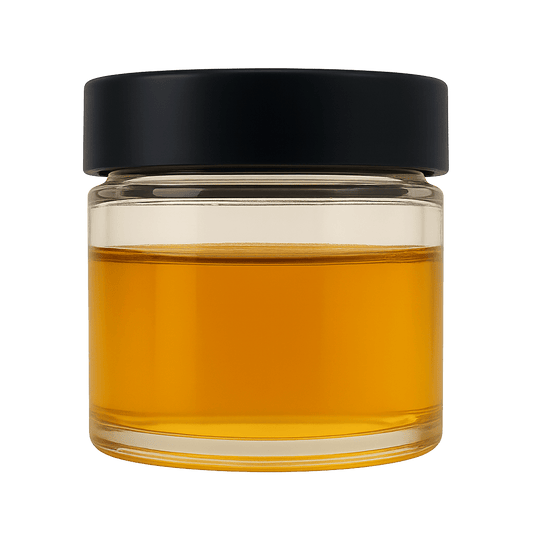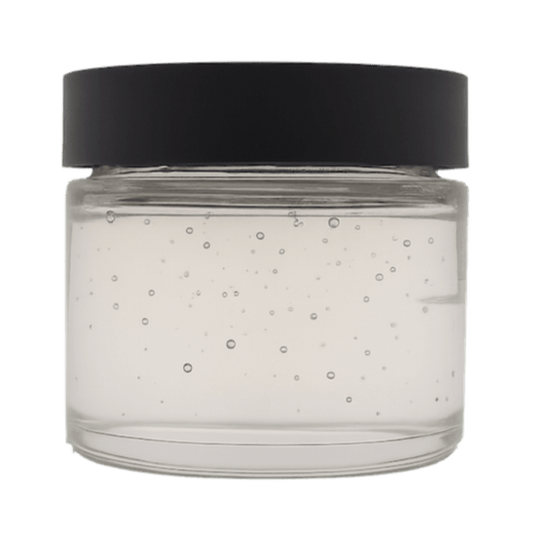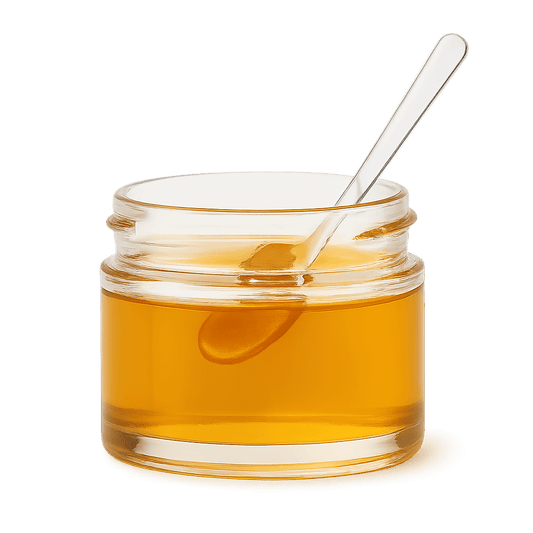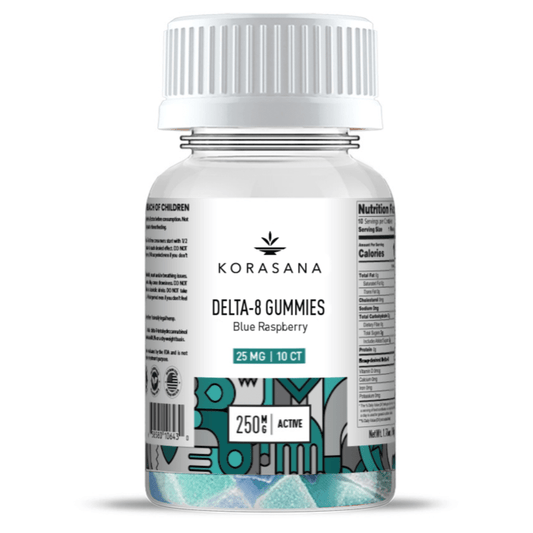Is Delta 8 THC Legal in Maine?
YES - Delta 8 THC is Legal in Maine
Delta 8 THC is legal in Maine. According to state law, which aligns with federal law, Maine has legalized all hemp products, including those containing Delta 8 THC, as long as they contain an acceptable level of Delta 9. This means that hemp-derived THC products containing less than 0.3% THC are legal in the state. High-THC cannabis is also legal in Maine, and adults aged 21 and over can legally use marijuana-derived THC for recreational purposes. The state also supports a medical marijuana program.
Legal Status of Delta 8 in Maine
In Maine, the legality of Delta 8 THC is framed within both state and federal regulations. The state's stance on hemp and hemp-derived products, including Delta 8, is informed by its alignment with the 2018 Federal Farm Bill. This legislation differentiates hemp from marijuana based on the THC content; hemp and hemp-derived products are legal if they contain less than 0.3% Delta 9 THC by dry weight.
Federal Context
The 2018 Federal Farm Bill (Agriculture Improvement Act of 2018) is a pivotal piece of legislation that removed hemp, defined as cannabis with less than 0.3% Delta 9 THC on a dry weight basis, from the definition of marijuana in the Controlled Substances Act. This effectively legalized hemp at the federal level, permitting the cultivation, processing, and distribution of hemp-derived products, including Delta 8 THC, as long as they comply with this THC threshold.
Maine's Legislation
Maine has enacted laws that mirror the federal guidelines, thereby legalizing hemp and all hemp-derived compounds, cannabinoids, and isomers, including Delta 8 THC, as long as they meet the THC content criteria set forth by the federal law. The state's Medical Use of Marijuana Program allows for the use of higher THC cannabis for individuals with qualifying conditions, and recreational marijuana use is permitted for adults aged 21 and older, showcasing the state's progressive approach towards cannabis use.
Legal Documents and Bills
The key legal documents and bills that support the legality of Delta 8 THC in Maine include:
- The 2018 Federal Farm Bill: This national legislation is the cornerstone for hemp legality, influencing state laws across the United States, including Maine.
- Maine's Hemp Farming Act: Aligns with the Farm Bill, establishing the regulatory framework for hemp cultivation and sale within the state, thereby legalizing hemp-derived products like Delta 8 THC.
- Maine Revised Statutes: These statutes may include specific sections that regulate cannabis, hemp, and their derivatives, outlining the legal framework for substances like Delta 8 THC.
TITLE 7: AGRICULTURE AND ANIMALS. PART 5: PLANT INDUSTRY. CHAPTER 406-A: HEMP
§2231. Industrial hemp
1. Definition.
D. “Hemp” means the plant Cannabis sativa L. and any part of that plant, including the seeds and all derivatives, extracts, cannabinoids, isomers, acids, salts and salts of isomers, whether growing or not, with a delta‑9‑tetrahydrocannabinol concentration of not more than 0.3% on a dry weight basis, or as otherwise defined in federal law. “Hemp” includes agricultural commodities and products derived from hemp and topical or ingestible consumer products, including food, food additives and food products derived from hemp, which in their final forms contain a delta-9-tetrahydrocannabinol concentration of not more than 0.3% or as otherwise defined in federal law. “Hemp” does not include marijuana for medical use pursuant to Title 22, chapter 558‑C or adult-use marijuana pursuant to Title 28‑B, chapter 1. [PL 2019, c. 528, §1 (NEW).]
Title 22: HEALTH AND WELFARE. Subtitle 2: HEALTH. Part 5: FOODS AND DRUGS. Chapter 558-C: MAINE MEDICAL USE OF MARIJUANA ACT
§2422. Definitions
4-L. Marijuana product. “Marijuana product” means a product composed of harvested marijuana and other ingredients that is intended for medical use. “Marijuana product” includes, but is not limited to, an edible marijuana product, a marijuana ointment and a marijuana tincture. “Marijuana product” does not include marijuana concentrate or a product containing hemp as defined in Title 7, section 2231, subsection 1‑A, paragraph D.
[PL 2019, c. 528, §15 (AMD).]Title 28-B: ADULT USE MARIJUANA. Chapter 1: MARIJUANA LEGALIZATION ACT. Subchapter 1: GENERAL PROVISIONS
§102. Definitions
27. Marijuana. “Marijuana” means the leaves, stems, flowers and seeds of a marijuana plant, whether growing or not. “Marijuana” includes marijuana concentrate but does not include hemp as defined in Title 7, section 2231, subsection 1‑A, paragraph D or a marijuana product.
[PL 2019, c. 528, §18 (AMD).]28. Marijuana concentrate. “Marijuana concentrate” means the resin extracted from any part of a marijuana plant and every compound, manufacture, salt, derivative, mixture or preparation from such resin, including, but not limited to, hashish. “Marijuana concentrate” does not include resin extracted from hemp as defined in Title 7, section 2231, subsection 1‑A, paragraph D. In determining the weight of marijuana concentrate in a marijuana product, the weight of any other ingredient combined with marijuana or marijuana concentrate to prepare the marijuana product may not be included.
[PL 2019, c. 528, §19 (AMD).]
Practical Implications
For consumers and businesses, this means that products containing Delta 8 THC are legal to buy, sell, and use in Maine, provided they are derived from legally grown hemp and contain less than 0.3% Delta 9 THC. This legal landscape supports a growing market for hemp-derived products, including Delta 8 THC, in Maine, with businesses operating under the state's regulatory guidelines.
The legal status of Delta 8 THC in Maine exemplifies the state's alignment with federal law while also highlighting its openness to the cannabis industry's evolving landscape, including novel cannabinoids and hemp-derived products.
The information provided on this website does not, and is not intended to, constitute legal advice or any statements regarding the status of any laws. The information, content, and materials present on this site are for general informational purposes only and should not be relied upon for any specific purpose. Laws vary across different states and are subject to change. Therefore, information on this website might not reflect the most recent legal or other developments. Read our full legal disclaimer HERE.






